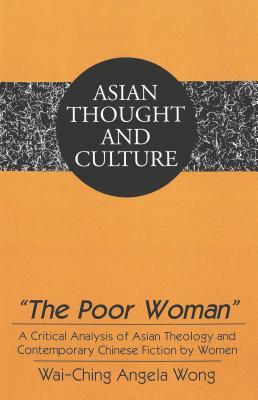

 |

|

The average rating for The Roman liturgy and inculturation based on 2 reviews is 4 stars.
Review # 1 was written on 2008-12-15 00:00:00 Douglas Shaffer Douglas ShafferThis little book raises several important questions about the future of Western culture, and where the church fits in. The author believed that - in the UK, at least in the 1980s- the Enlightenment view of science as somehow superior to religion was fast becoming obsolete. He acknowledged that we did not wish to return to the Dark Ages, and that science and technology have improved our lives in many important ways. Nevertheless, he believed that Christians needed to make a stand not just in private but in public life too, so that the emergence of new societal structures would in some way reflect the ethos and morality of Scripture. A bit dry in places, and now nearly 25 years later it seems a bit dated, though still relevant to many. Probably three-and-a-half stars. |
Review # 2 was written on 2019-10-29 00:00:00 Angela KAY Angela KAYApologies to Colin Gunton, as I am only a wannabe intellectual and I don't understand this as well as I should. However, I have really enjoyed TRYING to understand. The One, the Three, and the Many by Colin Gunton Gunton seems to be saying that Christianity (and possibly theism more generally) has come apart in modernity because it was unstable from as early as Augustine who minimized the roles of the Christ and the Holy Spirit, asserting that the creation was the product of divine arbitrary will—leaving it rather purposeless and unrelated to anything. Thus theology developed into a sort of competing and fragmented dualism: relationality and particularity only on the temporal, fallen side with timeless, immaterial, unchangeable eternality on the other. Separating the transcendent from temporality by making God completely unrelated to human being was alienating to humans, who attempted to bring God down to earth and the rational. And once the transcendent was displaced into something other than what it really was, there was no longer a need for it because human reason was enough, thus humans became gods unto themselves. Once again the world is steeped in a form of Gnosticism in which the world is a fallen place—only this time the only hope is human action, and no wonder everybody is depressed! He proposes a quest for a theology in which divine attributes are given proper due rather than subordinating one to the other. He points to the timeless and transcendent nature of the Father, the redemptive and personal nature of the Christ, and the perfecting and particular relationality of the Holy Spirit all as parts of our necessary constitutions as being created in the image of God. If we are able to perceive these attributes fully in our being, we may be able to heal the great divisions that hold us down and apart. |
CAN'T FIND WHAT YOU'RE LOOKING FOR? CLICK HERE!!!